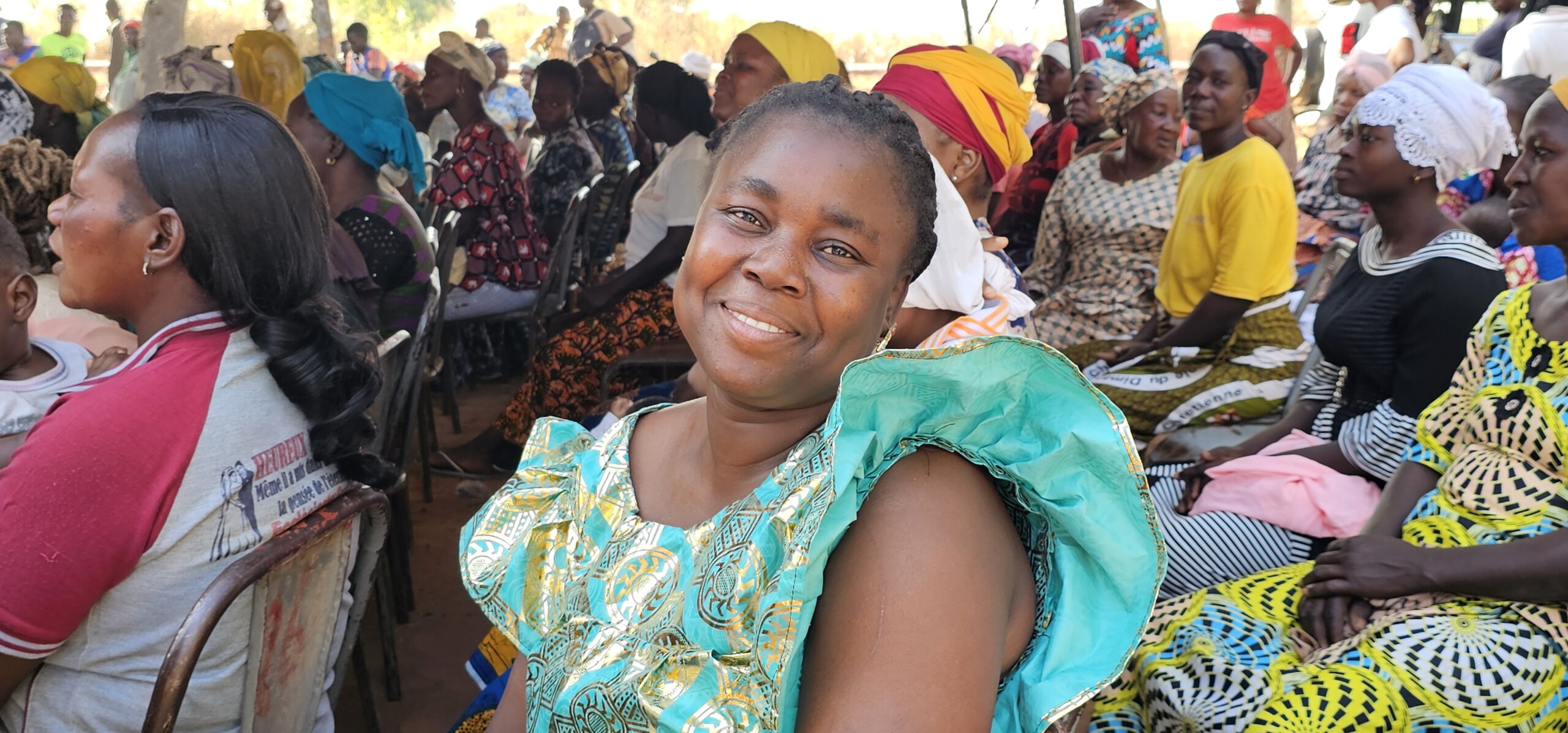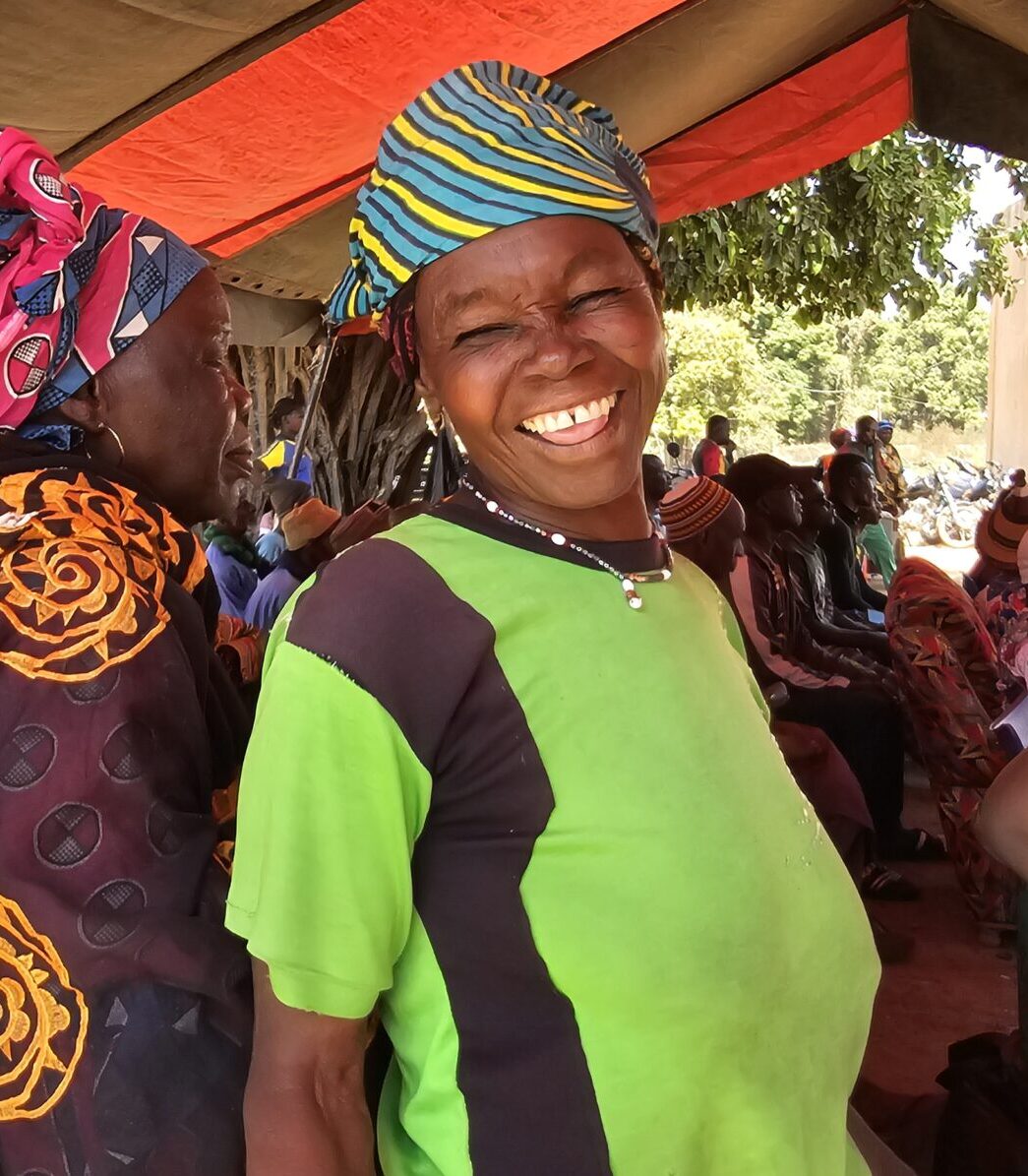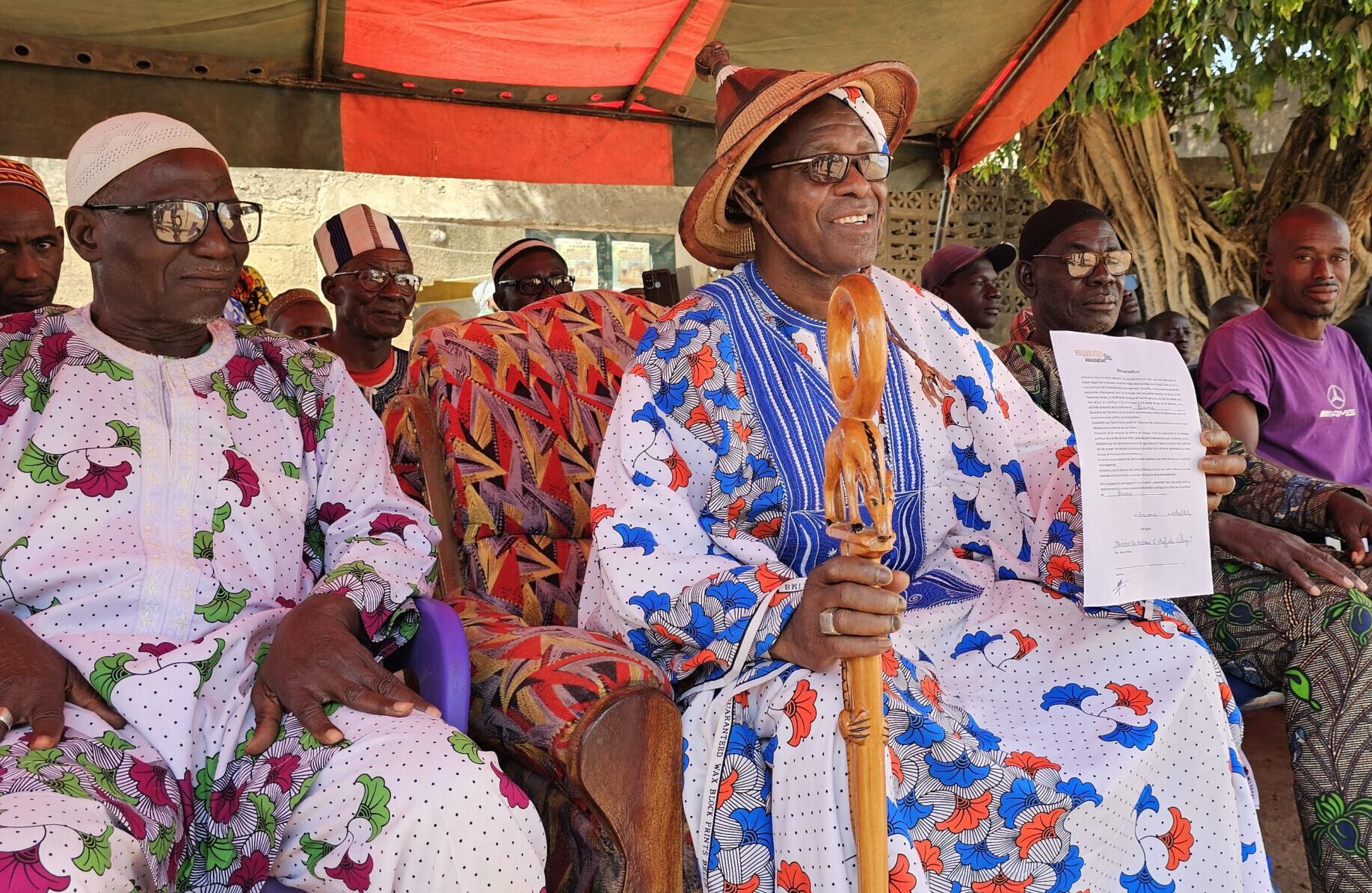Case Study
Building Resilience and Reducing Community-Level Conflict in Burkina Faso
Addressing drivers of instability through strengthened peace mechanisms and improved service delivery
Stabilization and Recovery

The Challenge
Burkina Faso faces several critical drivers of instability – natural resource conflict, displacement, exclusion, and institutional mistrust – that fuel emergency humanitarian needs and compound vulnerability. Chemonics’ programs strengthened resilience to violent extremism by revitalizing local peace mechanisms, supporting vulnerable populations, and improving basic service delivery, particularly for internally displaced persons (IDPs) and host communities.Our Solution
Conflict-Sensitive Approaches to Community Engagement
Chemonics applied adaptive, locally-led approaches grounded in conflict sensitivity and community engagement. These included:
- Delivering 220 rapid-response activities across four conflict-affected regions, reaching over 1.5 million people.
- Training and equipping women and youth with livelihood skills, including soapmaking, leatherwork, poultry farming, weaving, and mechanics.
- Rehabilitating critical infrastructure (e.g., health clinics, schools, boreholes) and installing solar lighting in public areas to foster greater public safety.
- Enabling civil registration campaigns to deliver identification cards and birth certificates to over 2,000 displaced women and youth.
- Facilitating interfaith events, youth dialogues, and the establishment of 73 peace committees rooted in traditional conflict resolution practices.


The Impact:
Improved Resilience, Access to Services, and Community Stability
Despite deteriorating security conditions, Chemonics achieved measurable improvements, including:
- 300,000+ students enjoyed restored access to rehabilitated classrooms
- Nearly 10,000 vulnerable women received livelihood support
- More than 1,300 youth accessed start-up business kits and vocational training
- Peace committees and intergroup dialogues specifically addressed conflicts between IDPs and host communities, reducing exclusion and preventing escalation.